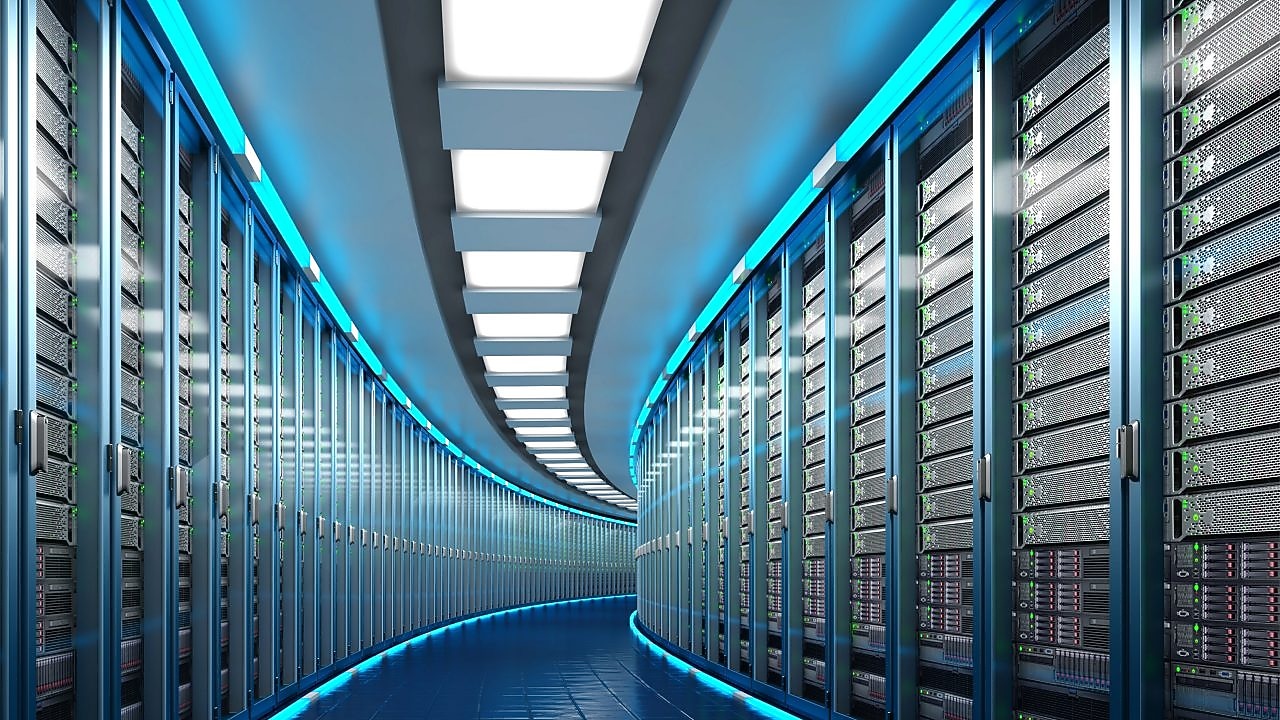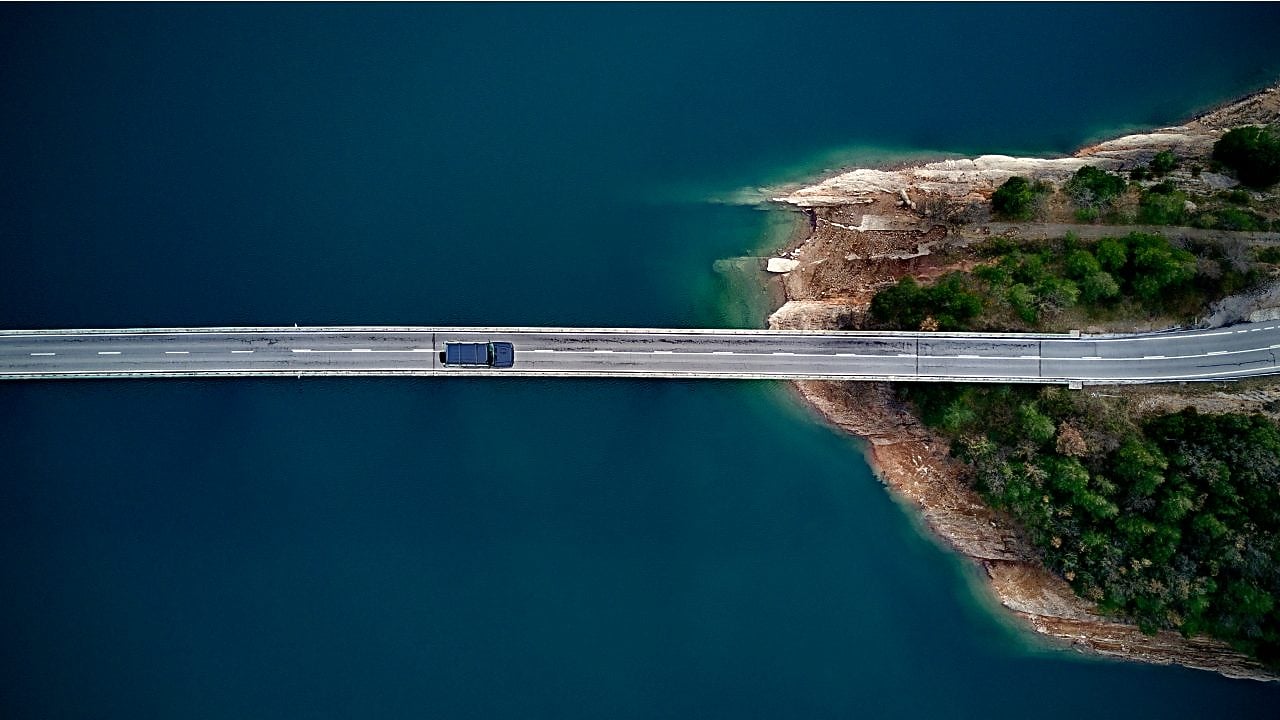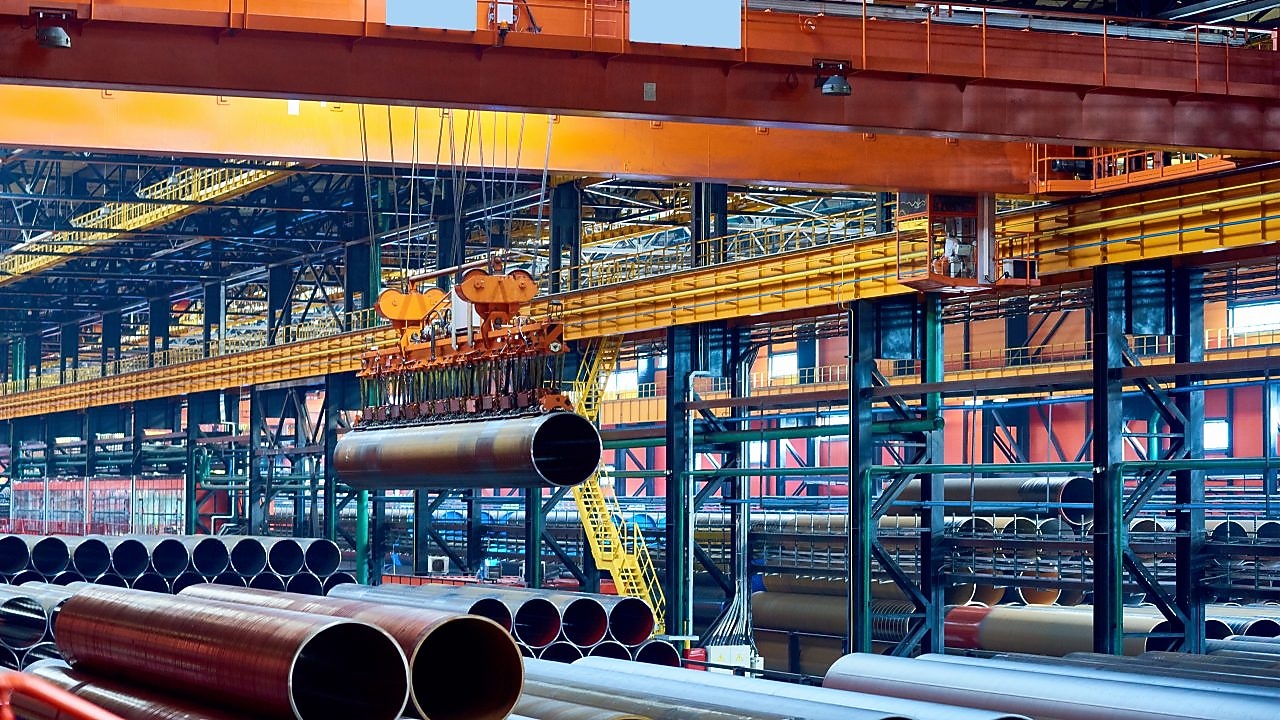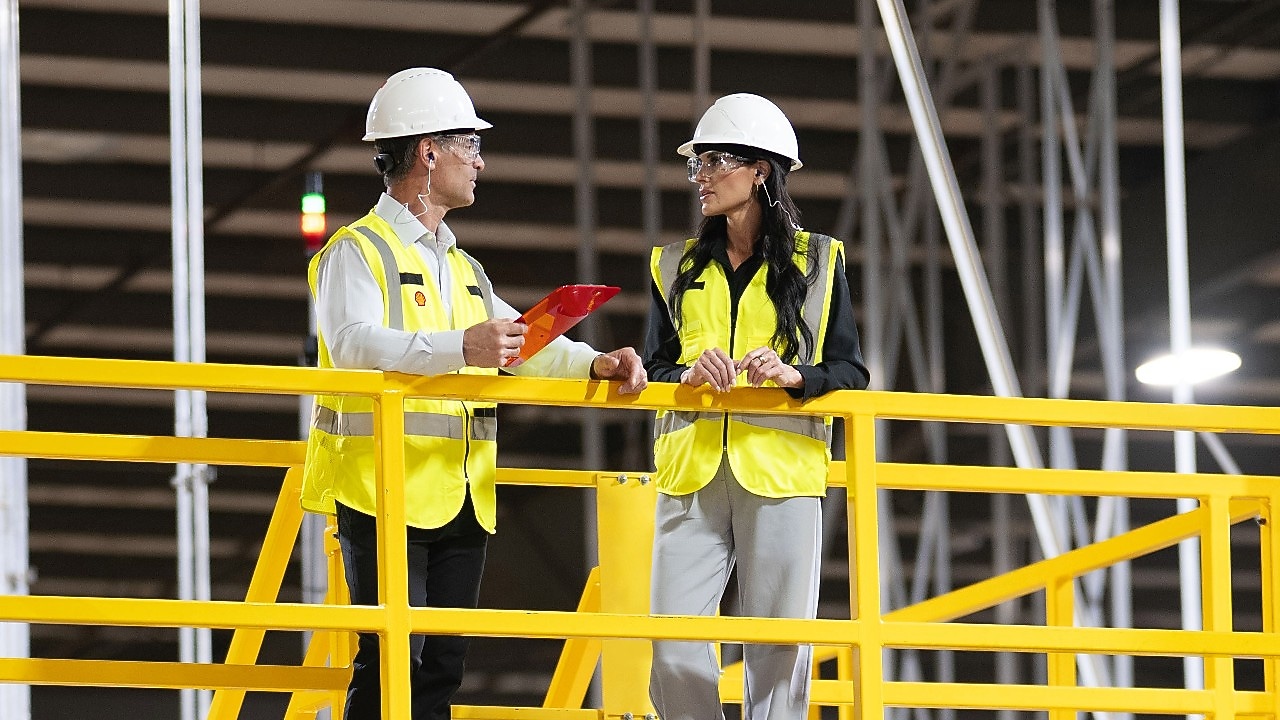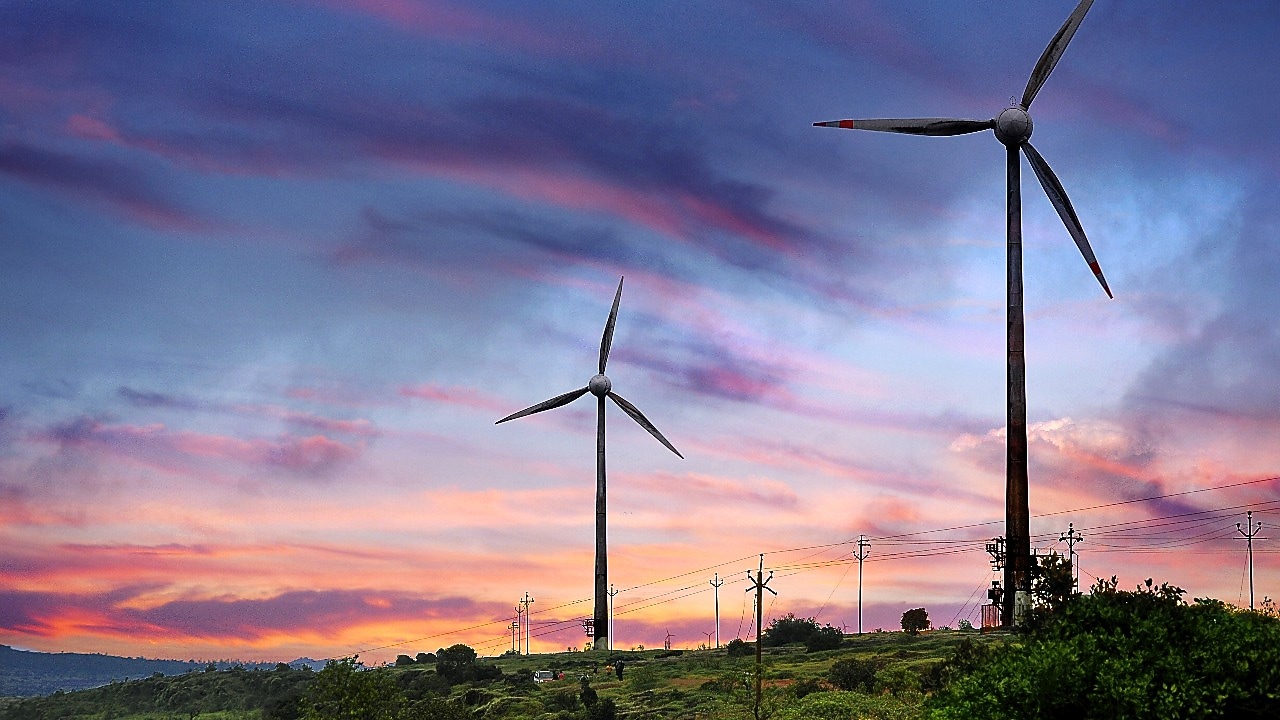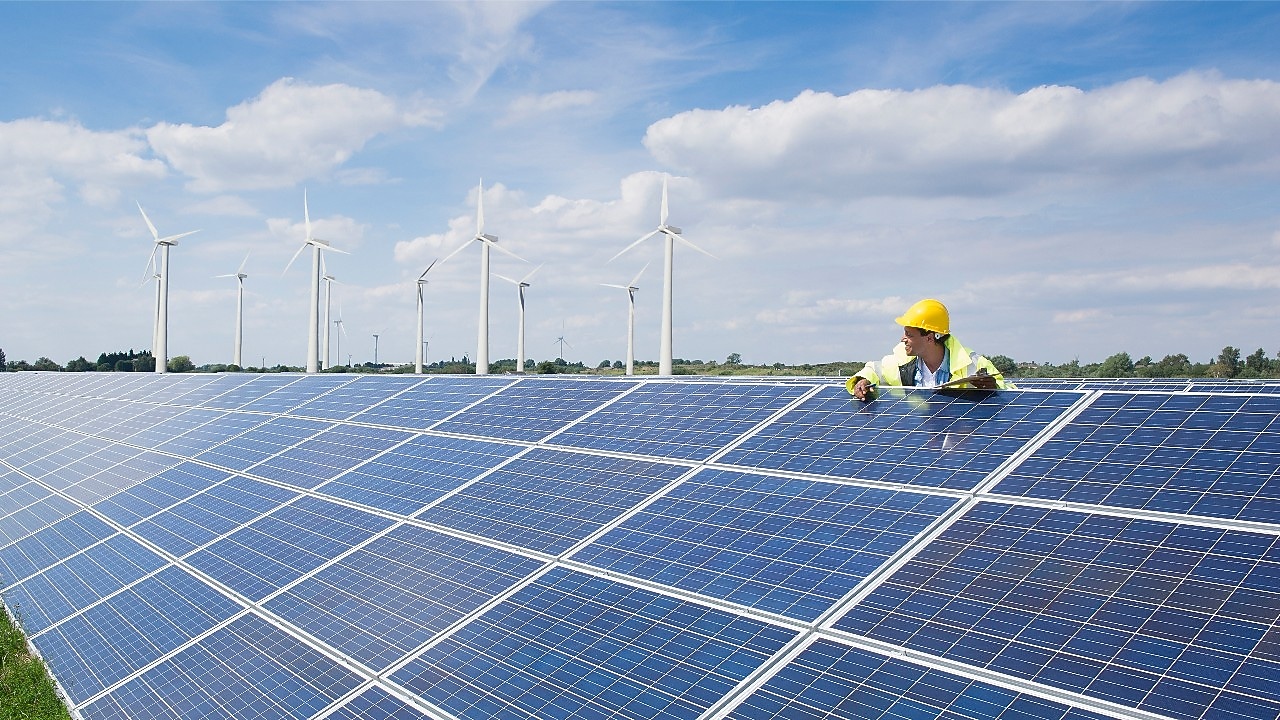
Energy insights
Economic growth in the Philippines is proving resilient, with McKinsey & Company saying that the country ended 2023 as “the fastest growing economy across Southeast Asia”.
Key industry contributions across the Philippines
Learn how some of the key industries across the Philippines are contributing to that growth, as well as sharing some Shell reports to highlight key insights on how they can continue to grow while considering their emissions.
Business Energy Focus
Access valuable energy market insights and stay up to date with current market news with our latest articles and resources.
Energy efficiency and cost-saving tips
Shell Energy Philippines Trading analyst Brendan Miranda offers his 3 top tips for businesses;
Implement Energy Management Systems (EMS)
By adopting advanced energy management systems, customers can monitor and control their energy usage in real-time. EMS can identify inefficiencies, optimize energy consumption, and reduce waste, leading to significant cost savings. Additionally, these systems can provide valuable insights for making informed decisions on energy usage and investments in energy-efficient technologies.
Upgrade to High-Efficiency Equipment
Replacing outdated and inefficient equipment with modern, high-efficiency alternatives can substantially reduce energy consumption. This includes upgrading to energy-efficient lighting, HVAC systems, and industrial machinery. Investing in equipment with higher energy efficiency ratings can lower operational costs and improve overall performance, resulting in long-term savings.
Utilise Demand Response Programs
Participating in demand response programs allows customers to adjust their energy usage during peak demand periods in response to price signals or incentives from the grid operator. By shifting or reducing consumption during these times, customers can take advantage of lower electricity rates and avoid higher costs associated with peak demand. This not only helps in cost savings but also contributes to grid stability and reliability.
How our behind-the-scenes experts could drive your growth
Shell has a long history of working with the people of the Philippines, having recently celebrated over 100 years of commitment to progress and empowerment in the country.
Meet the team: Bernd Krukenberg
Shell has a long history of working with the people of the Philippines, having recently celebrated over 100 years of commitment to progress and empowerment in the country.
We spoke to Bernd Krukenberg, President and CEO of Shell Energy Philippines Inc., to find out more about the work they do and the potential it brings.
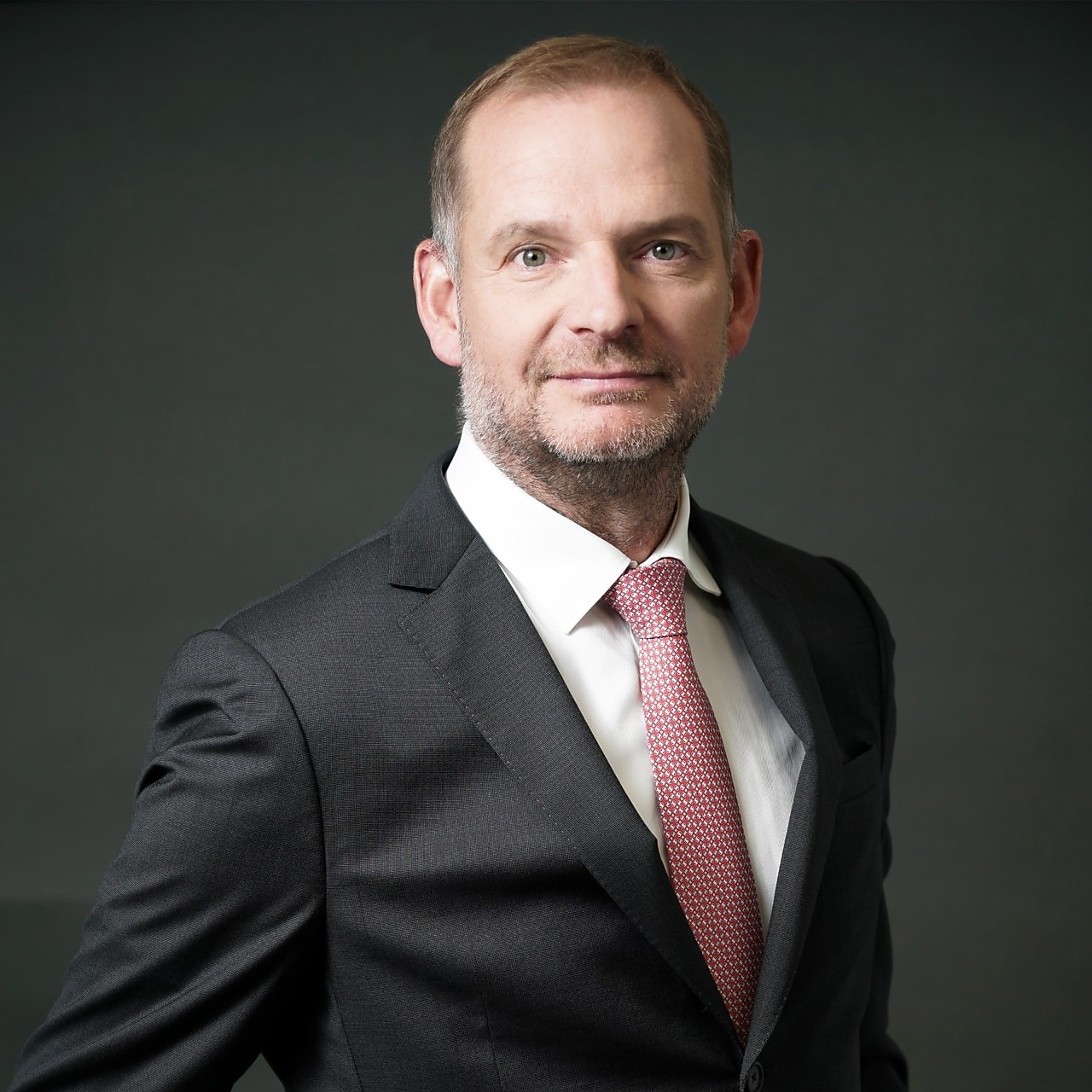
“More than half the global population lives in Asia. This is where our CO2 future will be decided and it’s where we can make the most difference.”
Tell us about the role of Shell Energy Philippines Inc.
Tell us about the role of Shell Energy Philippines Inc.
We are a standalone business that helps industrial customers based here in the Philippines to increase their use of renewable and lower-emission options for their power needs.
This is such an important challenge. Economic growth in the Philippines is high and the population – full of young, highly educated, enthusiastic people – make the potential even higher. Achieving that growth will require electricity.
We want to help power that growth with renewables and cleaner-burning fuels.
The term “nation building” gets used quite a lot for the kind of projects we’re part of. To me personally, it truly feels like that – and it’s not a responsibility we take lightly.
What kind of projects do you work on?
What kind of projects do you work on?
As Shell, we aim to invest in diversified renewable projects to bring the benefits to as many people as possible. Such projects have understandably long lead-in times until they start generating electrons.
Traditionally, the Philippines has had a lot of emphasis on solar, which can be effective of course. But what happens when the sun goes down?
The system needs to be backed up by other projects – such as onshore wind – as well as cleaner-burning options – such as LNG – to build reliable supply whatever the external conditions.
What drew you to working in the Philippines?
What drew you to working in the Philippines?
A big part of it was the chance to do something good – to build renewable opportunities that deliver the energy the country needs. That such an exciting thing to be part of.
On the personal side, one of the main things I associate with working here is the laughter. People are always having such fun, sharing food together, spending their free time together.
I’d say it’s impossible not to fall in love with the country.
What are some of the challenges of your work?
What are some of the challenges of your work?
It’s a funny thing – obviously Shell has a long history here, so many businesses have heard of us and we have a well-respected reputation. But, for all of that, people don’t necessarily associate us with our renewable arm.
In a way though, we get to be our own biggest case study as we decarbonise our own activities. That means using renewable energy to power our offices, as well as our Mobility offerings too.
What’s something you wish more people understood about the industry?
What’s something you wish more people understood about the industry?
I wish more people considered the benefits of longer-term contracts.
I think many businesses try to benefit from short-term market fluctuations by taking on one- or two- year contracts. But, while this is certainly possible, it means missing out on other potential benefits that come from long-term contracts – such as securing longer-term supply and predictability for forecasting.
But, as well as these benefits for the organisations themselves, it can bring a nationwide benefit by giving renewable projects the investment they need now to begin and expand.
If longer-term contracts become the norm – we’re seeing more five-year contracts, but even 10- or 15-year contracts – there’s so much potential to really ramp up production.
Tell us about your career journey
Tell us about your career journey
I actually had a career as a tennis coach before moving into the energy sector in my thirties. It seems wildly different to many people, but I think I apply a lot of the lessons from tennis to my career today.
You work with lots of different people from different cultures, but all are pushing to improve. You have to learn to deliver. And, ultimately, you have to build relationships.
The thing I love about working for Shell is that people enjoy having conversations with us. We’re human, we’re customer-centric, and we’re a brand people know and respect.
When I changed careers in my thirties, some people said I was too old. I like to think I’ve proven them wrong.
Tell us a bit more about you personally
Tell us a bit more about you personally
Part of the appeal of Shell was the international focus they offer, which has taken me to so many places around the world. I love to explore different cultures. Not so much as a tourist, but to truly be part of them.
It’s something that really matters to both my wife and me – in fact, she literally wrote a book on the topic of integrating with different cultures, so it’s a huge part of our outlook on life.
It’s definitely a family trait too. I’m from Germany originally, and I’m in the Philippines while my twin sister settled down in Chile. My parents often joke about what they did that was so bad we both left!
In my spare time I love being outside, and sailing too. I couldn’t really have picked a better place to settle down than the Philippines to do both.
What excites you about the future of energy?
What excites you about the future of energy?
I think it’s the potential impact of the choices we make today.
More than half the global population lives in Asia. This is where our CO2 future will be decided and it’s where we can make the most difference.
But, unlike Europe, this is less about decarbonising existing supply and more about creating entirely new supply – ideally led by renewables and gas.
If we can unlock economic growth powered by reliable, decarbonised energy, then it has the potential to change millions of lives.
We know markets develop along specific pathways. For instance, I see a lot of similarity between where the Philippines are now with where Europe was 20 years ago when I first started in the industry.
I hope I can take everything I learnt then and help to guide businesses along the right path now.
You may also be interested in
Get in touch with our team
Got a question? Speak to one of our experts about how we might be able to help you.
